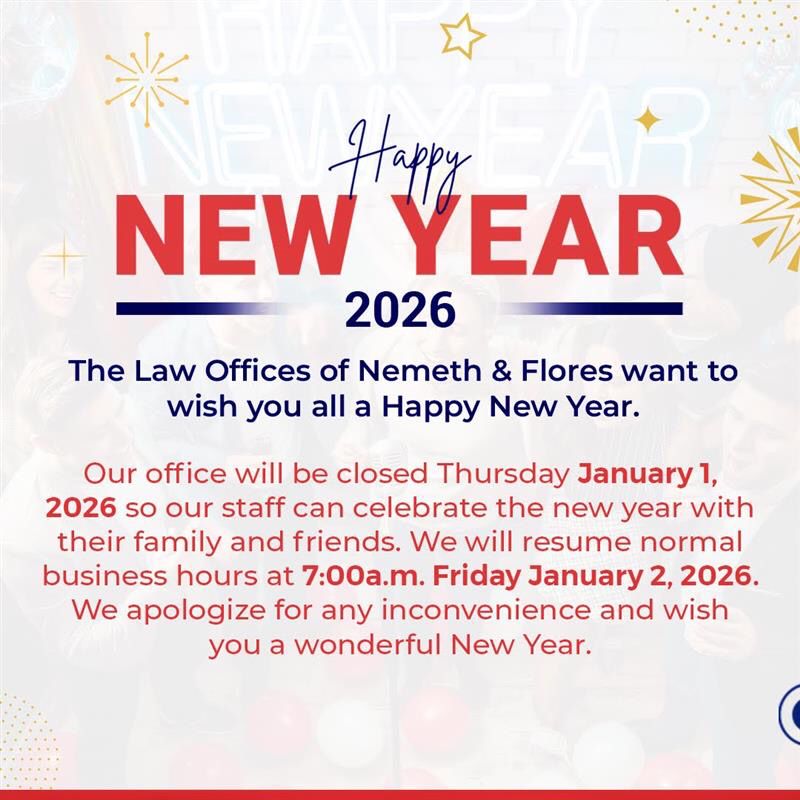
Table of Contents
Sometimes the IRS sends penalty notices to taxpayers who fail to honor their tax obligations. Notices generally contain information relating to IRS penalties and interests, the amount of IRS penalty interest, and the amount of tax owed. Affected taxpayers can request IRS penalty abatement on the basis of a reasonable cause that is based on all the circumstances and facts around their situation. The IRS will consider abatement of penalties and interests for any reason that establishes that a taxpayer used all ordinary business prudence to meet their federal tax obligations but was unable to do so. Continuing on the topic, in this blog post, we take a closer look at penalty relief due to reasonable cause. Read on!
Typical Situations
Some of the reasons that taxpayers can provide for failing to file a tax return, pay tax on time, or make a deposit are:
- Fire, natural disaster, casualty, or other disturbances
- Inability to obtain records
- Death, incapacitation, serious illness, or unavoidable absence of the taxpayer anyone from taxpayer’s immediate family
Note: A lack of funds is not a reasonable cause for failure to file or pay taxes on time. The IRS may, however, consider lack of funds as a reason for the failure-to-pay IRS penalty interest.
Related Blog: 5 Common FAQs About IRS Office Of Appeals
Facts Establishing Reasonable Cause
- What happened and when did it happen?
- What circumstances and facts prevented the taxpayer from filing their return or paying tax during the period of time they did not file and/or pay their taxes timely?
- How did the given circumstances affect their ability to file or pay taxes or perform other day-to-day responsibilities?
- After the circumstances changed, what actions did the taxpayers take to file or pay their taxes?
- In the case of a corporation, trust, or estate, did the taxpayer or immediate family member have sole authority to make the deposit or payment or execute the return?
Related Blog: A Closer Look at Offer in Compromise: The IRS Debt Relief Program
Don’t Let IRS Tax Problems Keep You Up at Night
Speak with an experienced tax attorney and take the first step toward peace of mind.
Documents Needed
- Court or hospital records or a letter from a doctor/physician to establish illness or incapacitation with specific start and end dates
- Documentation of natural disasters
- Documentation proving the occurrence of other events that prevented taxpayer’s from paying taxes
Call the Toll-free Number
If a taxpayer thinks that the information on a notice is incorrect or there is an issue they can resolve, an IRS penalty abatement might be applicable. Taxpayers can simply call the toll-free number mentioned in the notice either to resolve the issue or request penalty relief due to reasonable cause if they have the necessary supporting documentation. The IRS may ask taxpayers to mail or fax their written statements.
Interest Relief
Although interest cannot be abated for reasonable cause, it can be reduced or removed with the removal or reduction of the penalty. If an unpaid balance remains on a taxpayer’s account, it will continue to accrue interest until the account is fully paid.
Every Day Counts: Don’t Let IRS Tax Problems Grow Out of Control
Get strategic guidance to resolve your IRS tax issues efficiently.
Wrap Up
Understanding the concept of IRS penalty abatement and debt relief and going through the process without expert help can be tricky. That is why you must seek assistance from an experienced tax attorney who can help you qualify for IRS debt relief and to escape IRS penalties and interest. To know more about IRS penalty abatement, IRS debt relief, and IRS debt forgiveness, look no further than the Law Offices of Nick Nemeth’s team of seasoned IRS tax attorneys in Dallas/Fort Worth, Texas. Simply call (972) 426-2553 or fill out our contact form, and we will take it from there.



